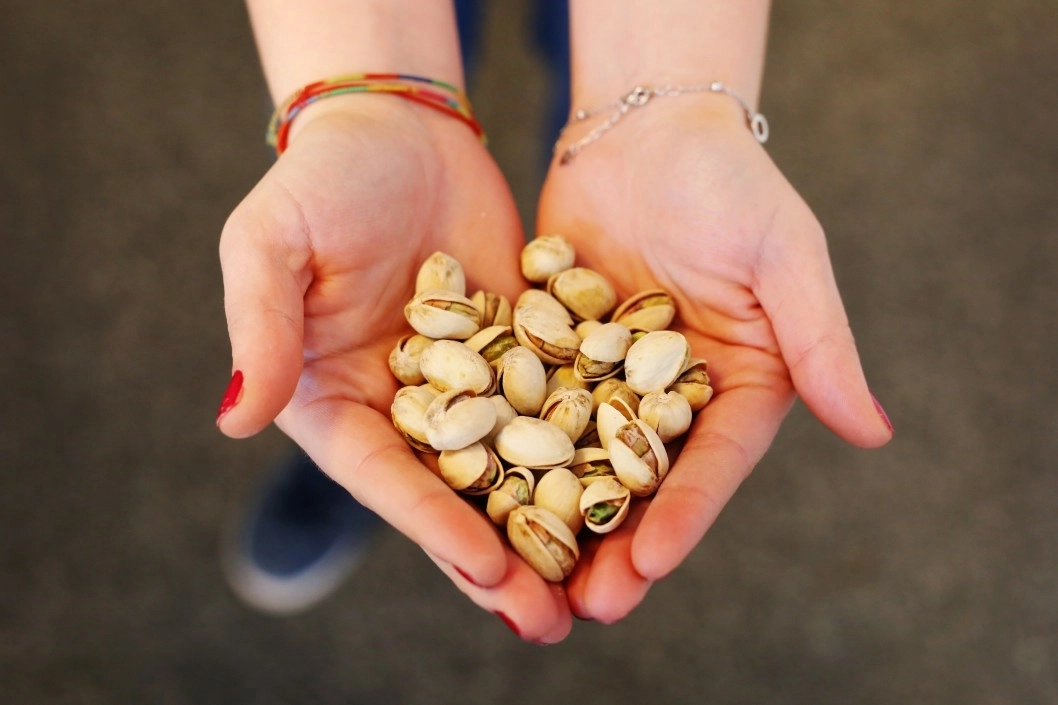Irritable bowel syndrome (IBS) is a common condition that typically affects around 25–45 million Americans. Although it is not life-threatening, it can have long-term repercussions that severely affect how you live your life. This condition is characterized by the following symptoms: diarrhea, constipation, stomach pains or cramps, gas or bloating, and harder or looser stools.
While there is no cure for IBS, here are ways to help manage your symptoms.
1. Exercise more frequently
Regular exercise has been shown to assist controlling stress levels and improving digestion. The physical activity increases the serotonin levels which leads to a healthier gut, and releases endorphins which relieve stress, both of which help reduce the incidence of IBS.
2. Diet changes
Every person has different dietary reactions, but certain foods have consistently shown a trend to trigger IBS symptoms. Foods that you may consider eliminating from your diet in an attempt to relieve IBS include: pasteurized dairy, gluten, added sugar and refined flour, common allergens such as eggs, nuts and shellfish, caffeine, alcohol and certain grains. The inclusion of probiotics can also help reduce symptoms.
3. Sleep
Having a regulated, consistent sleep schedule will not only improve your quality of sleep, but can also reduce symptoms of IBS. Irregular sleep can disrupt the natural patterns of bodily function including digestion. Thus by creating a routine, you can improve your sleep quality as well as digestive health.
4. Reduce stress levels
Stress is one of the most common triggers for IBS symptoms, as increased stress levels can often lead to disruption of your body’s normal hormonal balance. One way to reduce IBS symptoms is to reduce stress levels. This can be achieved through meditation, acupuncture, exercise, keeping hobbies as well as natural stress relievers such as certain essential oils.
5. Vitamin D
If you are suffering from IBS you may want to consult your doctor, and get your vitamin D levels tested. Recent studies have shown that many people who suffer from IBS are also deficient in Vitamin D (a vitamin that helps maintain and strengthen the immune system and gut health). These studies also showed that participants who followed up by taking vitamin D supplements experienced a reduction in symptoms.



